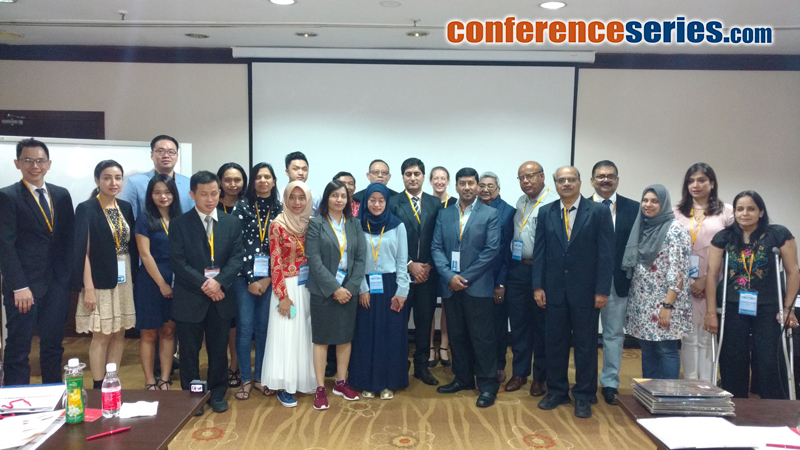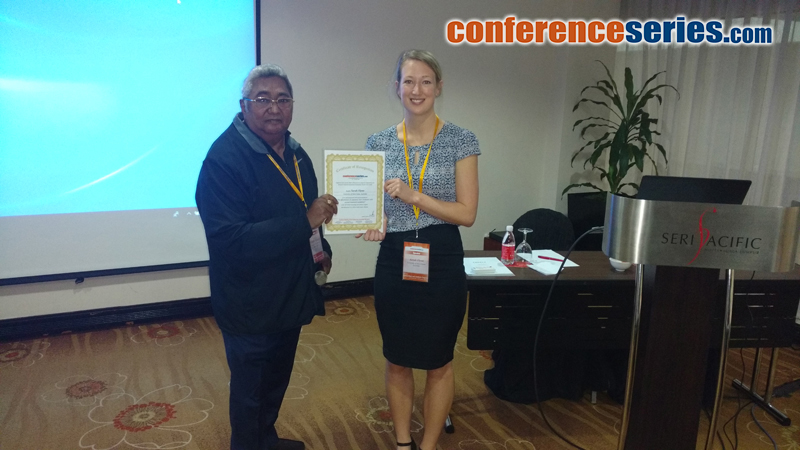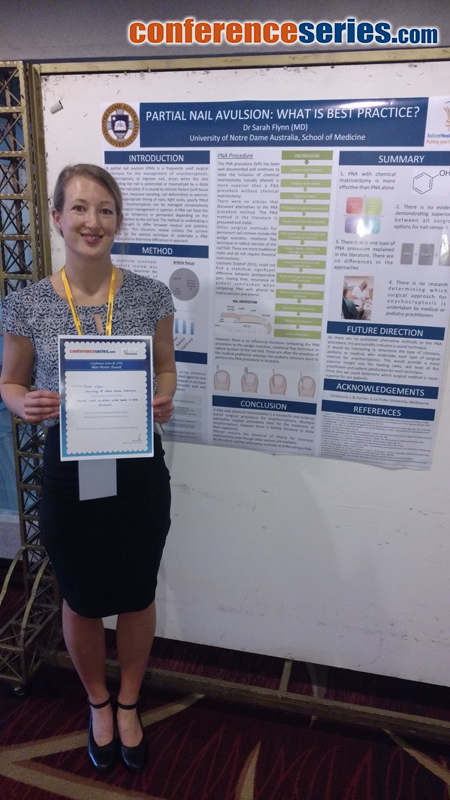
Sarah Flynn
University of Notre Dame, Australia
Title: The effectiveness of cutaneous wart resolution with current treatment modalities
Biography
Biography: Sarah Flynn
Abstract
Background & Aim: Non-anogenital warts are a frequent dermatological problem with spontaneous regression taking place in immune-competent adults and children within two years. However, individuals are unwilling to wait for natural resolution, therefore seek treatment to reduce social stigma. It is known conventional wart treatments are uniformly unsuccessful and carry concerns regarding safety; whereas immunotherapy drugs are seen to be non-destructive and effective in reducing the duration of symptoms. The aim of this literature review is to identify the most effective treatment for wart resolution to guide clinical practice while identifying areas for further research.
Method: An extensive systematic literature review was performed to determine the current treatment modalities for non-anogenital cutaneous warts in immune-competent individuals and their effectiveness. Articles were categorized into one of eight groups depending on anatomical location, population age or recalcitrant status with ranked levels of evidence.
Results: This review highlights the clear discrepancy between the literature and medical practice. Clinically, the use of conventional treatments continues even though they are deemed ineffective. The majority of immunotherapy research is still in the experimental phase however positive evidence is demonstrating their effectiveness.
Conclusion: For practitioners, the difficulty changing from publicly well-known treatments to experimental options is troublesome with the absence of evidence-based guidelines. Further reproducible immunotherapy research on wart resolution is required to enable clear comparisons of these treatment modalities. The prediction is that future clinical practice will require the wart HPV type to target the treatment accordingly; however further research is required to determine these correlations.




